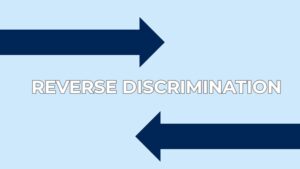An overtime lawsuit against a Newark, New Jersey, flooring company was resolved by the U. S. District Court following an investigation by the U.S. Department of Labor’s Wage and Hour Division. The lawsuit against Ferry Carpets Inc. alleged that they violated the overtime and recordkeeping provisions of the Fair Labor Standards Act (“FLSA”). The Court entered judgment ordering Ferry Carpets to pay 15 employees $140,000 in back wages and $140,000 in liquidated damages under judgment.
“The violations found in this case are all too common in this industry,” said John Warner, director of the Department of Labor’s New Jersey Wage and Hour District Office. “Ferry Carpets denied these low-wage workers the wages they had rightfully and legally earned, profiting on the backs of their employees. This settlement demonstrates that the U.S. Department of Labor is determined to ensure that workers receive a fair day’s pay for a fair day’s work, and that employers who break the law do not get an unfair competitive advantage over those who play by the rules.”
Investigators found that, from February 2013 to February 2015, Ferry Carpets:
- Paid employees who worked as floor installers a fixed salary, without regard to how many hours they worked, resulting in overtime violations when they worked beyond 40 hours per week. These employees typically worked from 45 to 72 hours a week.
- Failed to pay employees for time spent loading vehicles or traveling from the employer’s location to the day’s first job site.
- Attempted to simulate FLSA compliance and conceal its failure to pay overtime premium rates by creating and submitting false records reflecting that employees worked 40 hours or less per week when it knew that employees were regularly working overtime hours.
As a result of the Court’s judgment, Ferry Carpets agreed to:
- Post and provide employees with information regarding their rights under the FLSA and how to contact the Wage and Hour Division if they believe the employer failed to pay them properly.
- Use a time clock or other automated record-keeping practice to accurately record employee work hours.
- For each workweek, prepare a statement of hours worked by each employee for each day, week, and pay period. Each employee must review, make corrections if necessary, and sign.
- Obtain the services of an independent, third party examiner to audit the employer’s compliance with the FLSA, once, within six months from the entry of the judgment.




